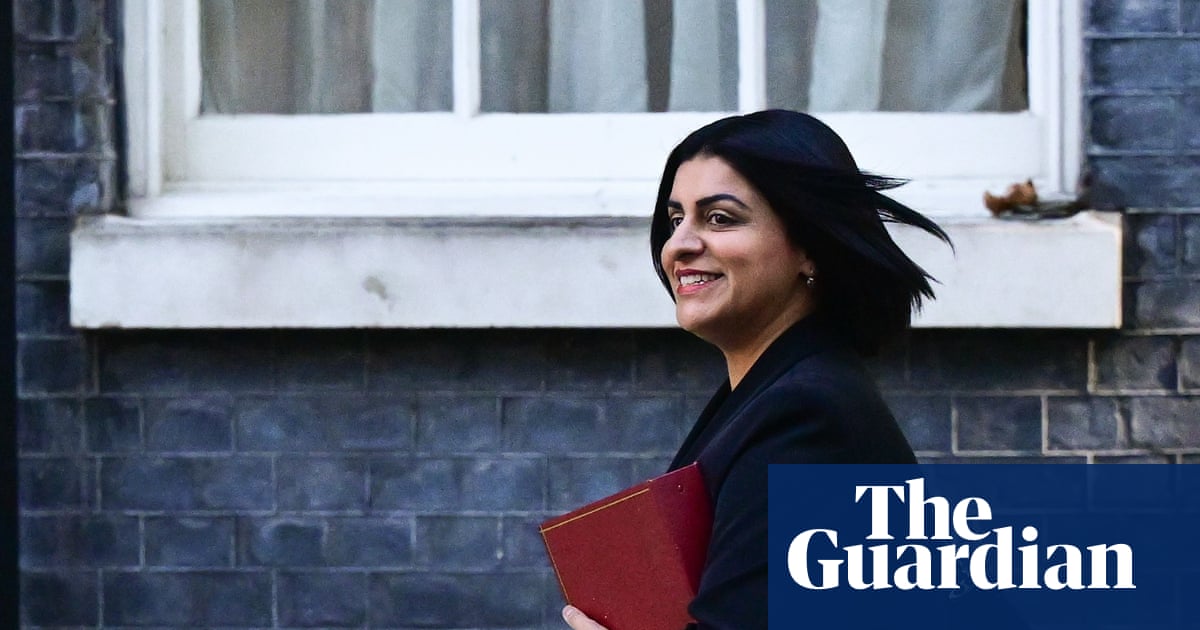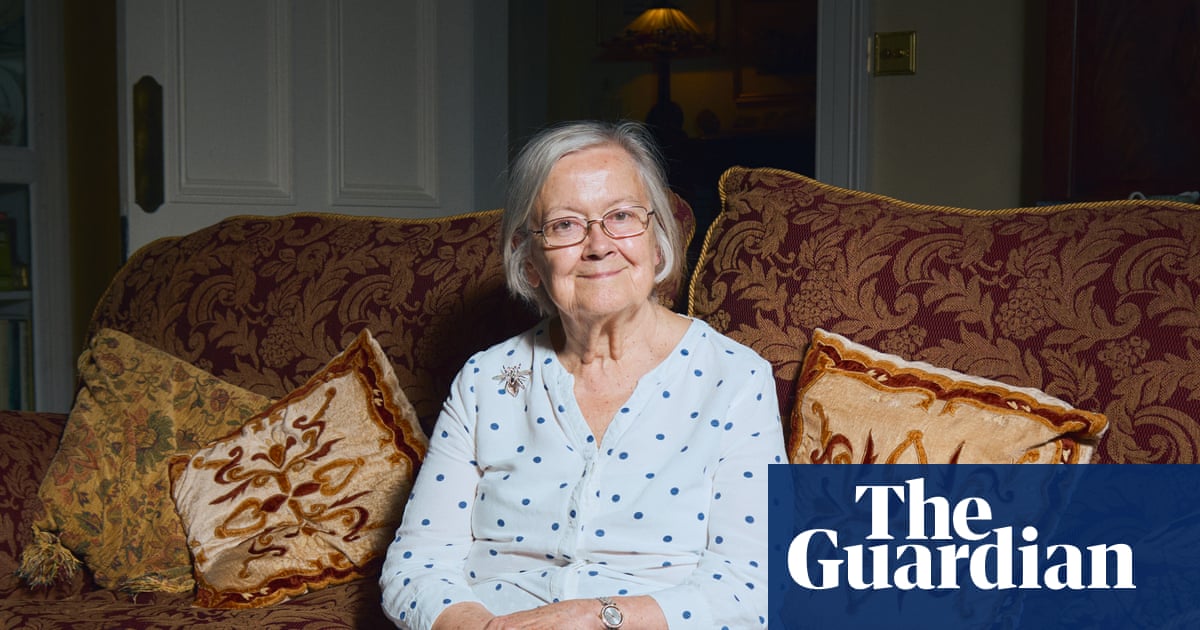A second Liberal Democrat MP has said they have changed their mind over the assisted dying bill and will vote against it at the next Commons stage, in another sign of a wider, if so far slight, ebbing away of support for the measure.
In an email to constituents, Brian Mathew, the Melksham and Devizes MP, said that while he had backed the bill at its second reading vote, scrutiny of the plans in April had left “several concerns I feel have been inadequately answered”.
His announcement follows comments last week by Steve Darling, the Torbay MP who is also the Lib Dem work and pensions spokesperson. Darling said that while he had backed the bill in April, he was now “marginally against” it, but had not yet decided whether he would vote against it or abstain.
About eight other MPs who either supported the private member’s bill, led by the Labour MP Kim Leadbeater, at its second reading or did not vote have said they will now oppose it.
However, at least two who abstained in April are now supporters, while the Runcorn and Helsby byelection earlier in May resulted in a Labour MP who opposed the plan being replaced by a Reform UK one who backs it.
Given the second reading of the bill was passed with a majority of 55, the numbers thus far indicate it should also get through the third reading, scheduled for 20 June.
A week before, on 13 June, MPs will debate amendments to the bill for a second day. The first day of debates on amendments drawn up during a lengthy committee stage resulted in some changes being agreed, including an opt-out for all healthcare workers from being involved in assisted dying, extending the exemption from just doctors.
That debate also featured angry complaints from some MPs opposed to assisted dying after the prominent campaigner Esther Rantzen argued many in their camp were fighting against the changes to the law because of secret religious views.
In his message to constituents, Mathew said he had heard “eloquent and challenging viewpoints” from all sides, and had changed his stance over the bill after the recent weeks of debates.
“I share the concerns of many constituents that individuals facing terminal illness will take the decision based on concerns that they have become a burden upon their family,” he wrote. “This is a serious concern for me; I worry that in someone’s final days, this question will loom heavy when it does not need to.”
This was all the more the case, Mathew said, when the palliative care system as it stood was so bad.
Speaking before the first day of debates about amendments, Leadbeater warned that if MPs voted down her bill at third reading then “the conversation ends” on the subject, with “dreadful” consequences for many terminally ill people.
She dismissed the idea that if the bill was defeated, the subject could return as government legislation or a royal commission, noting the long gap between the last time assisted dying was debated in the Commons, in 2015, and her efforts.
“What worries me is, if the bill doesn’t pass, the conversation ends, and that would be really dreadful for so many people, for so many reasons,” she said.

 3 months ago
110
3 months ago
110

















































